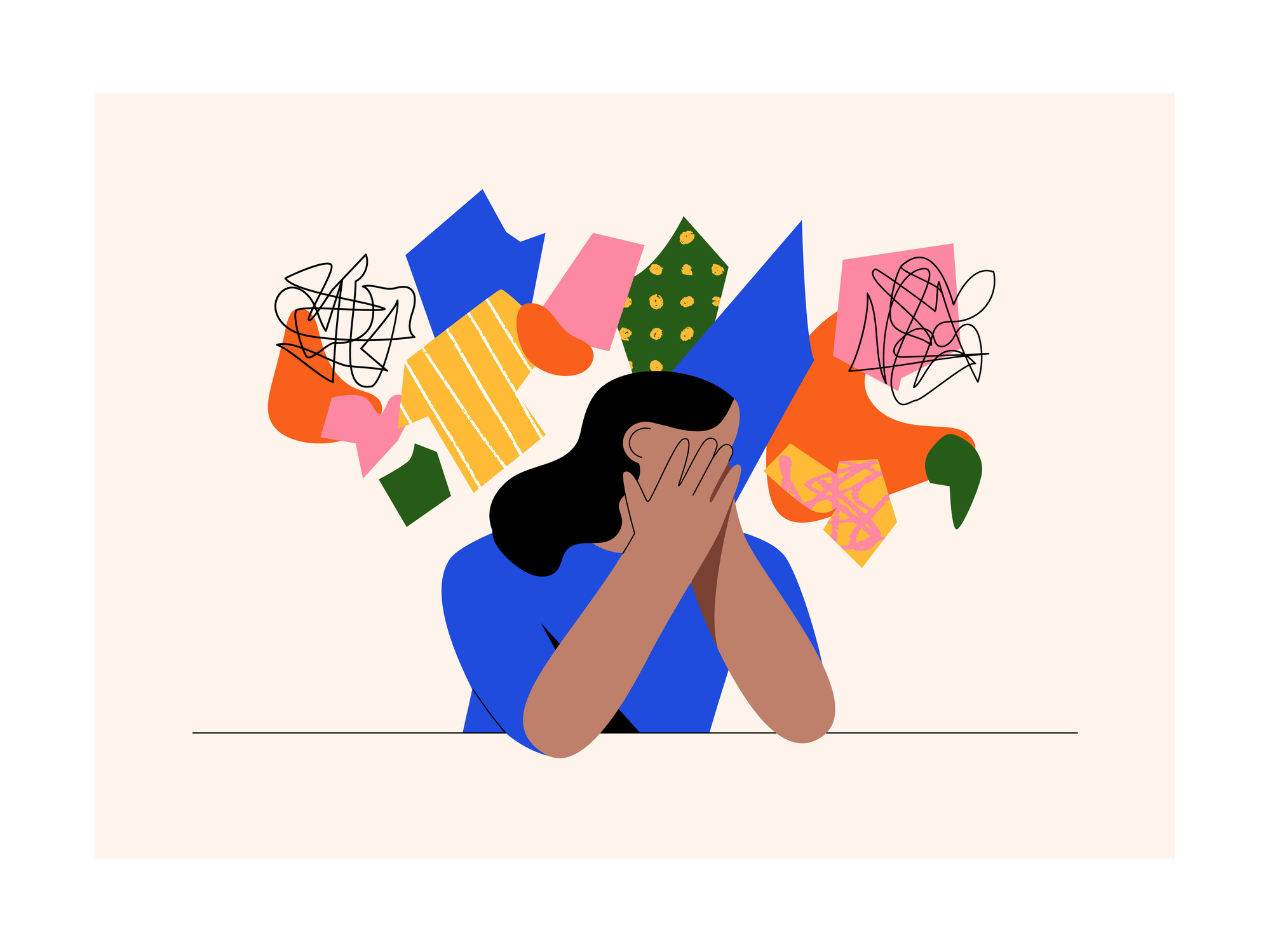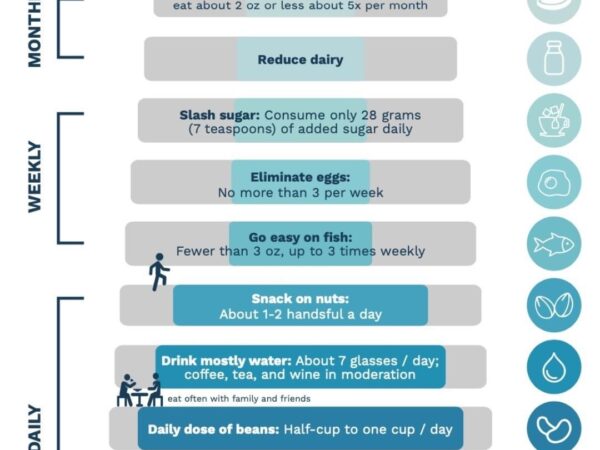In the aftermath of a global pandemic that led to long periods of isolation and uncertainty, mental healthcare practitioners have experienced an unprecedented surge in new patients reporting symptoms of depression and anxiety. The numbers were so great, for the first time, the U.S. Preventive Services Task Force now recommends anxiety screening in primary care for all adults, without symptoms.
According to a recent AP News report, anxiety disorders are among the most common mental health complaints. Anxiety disorders affect about 40 percent of women in their lifetime and more than 1 in 4 men. With high levels of stress during the pandemic due to job insecurity, health concerns, isolation, and the pressures of family life, anxiety that was once been manageable may have developed into panic attacks, phobias, or chronic tension.
Screening for anxiety can include brief questionnaires about symptoms like fears or worries that interfere with daily life. Although a primary care provider may be able to flag patients who show symptoms of anxiety, a proper diagnosis should be confirmed by a mental health professional. The task force also continues to recommend depression screening for adults and children.
With a shortage of mental health care professionals, there can be significant wait times before getting an appointment. In addition to medication, many patients find success using tools like rhythmic breathing, meditation, and journaling to help control symptoms of anxiety. Taking time for self-care, and getting proper sleep, nutrition and regular exercise are also beneficial in the daily management of stress and anxiety.
Learn more about anxiety disorders by following this link to Rethink Mental Illness. Online mental health therapy can also help people experiencing anxiety as well as a range of other issues. Betterhelp, Talkspace, and Online-Therapy.com are just a few of the many options available. The new 988 Mental Health Crisis Care number can also provide a direct text or call connection to compassionate, accessible care and support in the United States. By November 2023 the service will be available in Canada. Dialling 211 will currently provide access to information about mental health services and resources for housing, utility, food, employment, and crisis interventions.






Add Your Voice
0 Comments
Join the Discussion